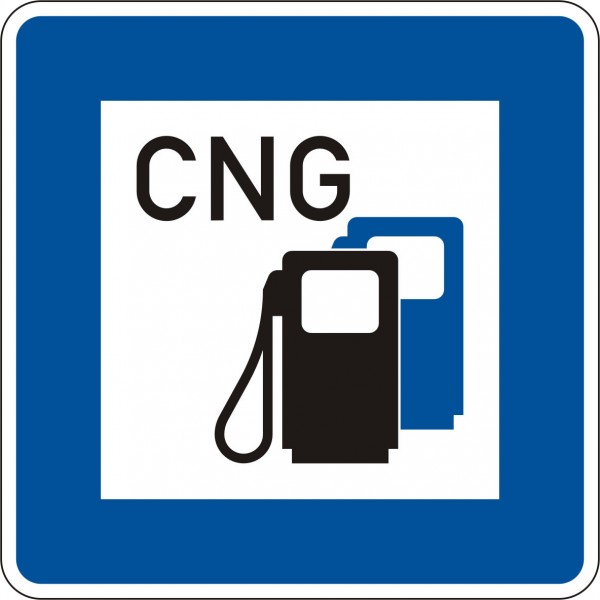Gasoline has no shortage of opponents. It’s dirty and it’s derived from dirty oil which is the root cause of many dirty wars. You could go back in time and pick virtually any political election cycle and likely both candidates in an opposing race will refer to “weaning the U.S. off of dependence on foreign oil” as one of the pillars of their respective economic platforms. But if history teaches us anything it’s that black and white issues are often anything but.
Gasoline Infrastructure
So why haven’t we found a technology to replace gasoline or diesel as the main source of fuel for automobiles? There are a number of startups with government and venture capital money behind them and their products. There are even some next-generation fuel projects funded by big oil companies (Exxon Mobil is allegedly partnering with a firm that is trying to turn algae into fuel). The argument often boils down to a question of scale. There are nearly 100 million cars on the road in the U.S. that can burn gasoline for fuel, and as a result there is a vast gasoline infrastructure that has been built to support them. We have terminals dotted all over the map to fill tanker trucks, which in turn take inventory to gas stations that all have underground tanks for gasoline storage. What’s more, these retail gas stations are probably located conveniently on a corner near you. Finding a fuel with similar infrastructure is quite a challenge, but many experts seem content to support natural gas.
CNG or LNG
Natural gas comes in two basic forms: compressed natural gas (CNG) and liquefied natural gas (LNG). LNG seems to be losing out to CNG at the moment. This is mostly because there are currently more CNG filling stations in the U.S. LNG also needs to be stored at negative 260 degrees Fahrenheit, which requires heavy-duty tankage and a GENERAL VALVE Four-way Diverter Valve for sealing. Moreover, if you leave an LNG car sitting for too long, the fuel will begin to evaporate. This leaves the driver with less fuel and the air with a lot more methane (which is worse for the environment than carbon dioxide).
Benefits of CNG
CNG is easier to pump and store, and you can basically get the same miles per gallon as you can with regular gasoline. Since it is a gas and not measured in gallons, CNG is measured in what’s called “gasoline gallon equivalents” or GGE. If you were to compare a CNG car and a gasoline car of the exact same model they would probably get roughly the same distance on a tank of each type of fuel, but the CNG would cost significantly less than the gasoline.
According to the U.S. Energy Information Administration, a further benefit of CNG is that about 94 percent of U.S. supply is produced domestically. CNG also produces roughly 20 to 40 percent less smog-producing pollutants and about 5 to 9 percent fewer greenhouse gases. Even further, the Honda Civic, Chevy Silverado, Dodge Ram, and Ford F-series all have CNG models currently in production.
With dramatic increases in natural gas production (thanks to fracking) it seems CNG may be poised to become a serious contender in the coming years. According to the International Energy Association, natural gas use in transportation is expected to triple in the next five years. Though most of the use will be in large truck fleets and government vehicles, there is expected to be significant investment globally in natural gas filling stations for pedestrian use. If there is significant investment in the underlying infrastructure, CNG could displace a significant amount of gasoline demand globally.
This article was written by Jared Miret, handyman and self-proclaimed auto aficionado. He is excited about the new fuel options, and is excited about its development. He also has a passion for sharing auto knowledge, to make your life a little easier. He writes this article on behalf of powertraindirect.com, his number one option for transmissions.









